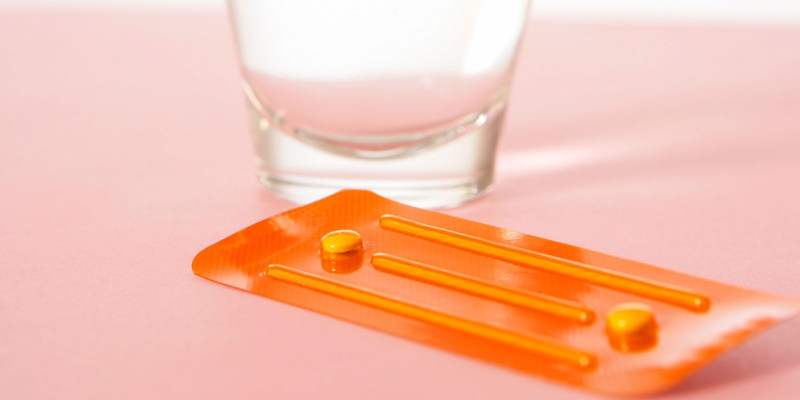You can take the morning after pill to prevent unwanted pregnancy after having unprotected sex. You need to understand that it is a type of emergency birth control method, which means you should not use it daily as regular birth control pill. Your morning-after pill may contain either levonorgestrel (Plan B one-step, next choice) or ulipristal (Ella). Keep in mind that your morning after pill becomes more effective when you take it immediately after having unprotected sex. You may not get your period after morning after pill, but it may return the very next month. Let's find out more about it.

When Should You Expect Your Period After Morning After Pill?
As mentioned already, you are likely to have your period within the next month after taking your morning after pill. However, some women may notice a change in their month menstrual cycle after taking emergency contraception. It means that it is possible to have your period a week later or a week earlier than usual. However, if it doesn’t come within a week after you expect it, you might consider getting a pregnancy test.
Some women have also complained about experiencing unexpected bleeding after taking emergency contraception. Normally, you do not need to worry about bleeding because the hormone in the pills, such as progestin and estrogen can lead to spotting or bleeding in some cases. It usually goes away once you have your next period.
In rare cases, unexpected bleeding could be the result of something serious. You should consider talking to your doctor about your bleeding, especially if you have other symptoms as well, such as dizziness or abdominal pain. It could indicate something serious if the bleeding does not stop in a few days or gets heavier with time. Sometimes, these signs indicate an ectopic pregnancy, which is a medical emergency and requires immediate attention.
Other Side Effects That You Should Expect of Morning After Pill
Levonelle Side Effects
Levonelle provides you with the hormone called levonorgestrel, which is actually a synthetic form of progesterone. You will take a single 1.5mg dose. It may produce certain side effects. About 15% of women taking these pills experience nausea, whereas 1.5% of women experience vomiting. You usually need to take another dose if you vomit within 3 hours of taking the first dose, talk to your doctor as soon as possible.
EllaOne Side Effects
You should read the leaflet that comes with these pills before taking it. You need to be clear about when and how to take the pill. Some of the most common side effects associated with this emergency contraception pill are headache, period alterations, abdominal pain, nausea, and muscle pain. About 10% of women taking EllaOne experience these side effects. Keep in mind that EllaOne can reduce the effectiveness of your normal birth control pill, so you need to use condoms until your next period begins or for at least 14 days.
How to Avoid Side Effects
Be sure to follow the Instructions of the morning after pills.
It is better to take Next Choice immediately after having unprotected sex, but never exceed 72 hours. After your first pill, you have to take another Next Choice pill 12 hours later.
Similarly, if you use Plan B One-Step, you need to take it in less than 72 hours after having unprotected sex, but it will be more effective if you take it sooner.
In case of Ella, you can take one pill in less than 120 hours after having unprotected sex. It is a good idea to take a pain reliever along with your emergency contraception pill.
Be sure to talk to your healthcare provider you vomit within a couple of hours of taking the pill. In most cases, you have to repeat the dose, but your doctor will help confirm it.
Consider taking aspirin, paracetamol, or another pain relief drug to limit side effects associated with your morning after pill.
You can take some OTC anti-nausea medication an hour after taking your dose. This will help prevent sickness, but this can cause drowsiness in some women.
Consider taking the pill with food to lower your risk of experiencing gastrointestinal problems.
Consider drinking milk and have regular snacks after the pill to treat nausea.
View All Comments /Add Comment